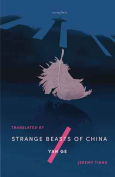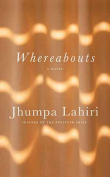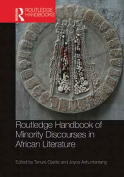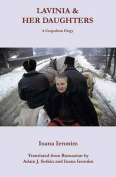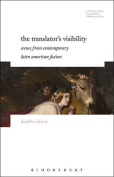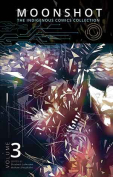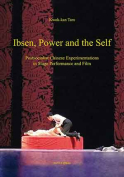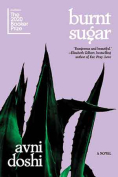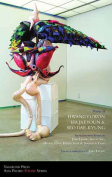The Death of Vivek Oji by Akwaeke Emezi
 New York. Riverhead Books. 2020. 248 pages.
New York. Riverhead Books. 2020. 248 pages.
THE DEATH OF VIVEK OJI breaks the reader’s heart at every turn. Knowing Vivek dies before one even opens the book, the reader’s tension mounts over the how. The why of their death (pronoun carefully chosen based on the development of the title character) feels obvious from the start—but one should not be so foolhardy as to predict anything in this novel. Through a chorus of family and friends’ voices trying to make sense of the death, the reader watches the compassion, confusion, and contradiction surrounding one person’s quest to affirm their identity.
Born on the day of their grandmother, Ahunna’s, death, Vivek becomes her incarnation, solidified by the starfish-shaped scar on Vivek’s body that resembles Kavita’s, Vivek’s mother. The sorrow into which Vivek was born never leaves their short life, for “this is how Vivek was born, after death and into grief. It marked him, you see, it cut him down like a tree.” While the reader watches Vivek’s life grow, we wait to see what will befall them, and the answer makes our heart break even more for Vivek and their cousin Osita, who loves Vivek so fiercely he does not know how to manage the feeling.
Beyond the pain we watch Vivek endure, perhaps the second most heartbreaking storyline is Kavita’s, as we watch her try to find answers as to why her child’s dead, naked body ends up rolled in cloth on her front porch, missing the Ganesh necklace that was otherwise never removed. Her narrative arc and its conclusion demonstrate how little a mother can know about her own child and how a mother’s love can affirm a child’s identity even after death. We watch her struggle in the face of rigid gender binaries and the toxic masculinity shackling Vivek’s father, Chika, to make sense of the death of their child and to fiercely protect her child’s identity once the truth is revealed to her.
This novel is beautiful and taut. It bears witness to the tragedy of rigidity forced upon children and young adults, showing the consequences that come to weigh on the bodies and psyches of those forced to try to be something they are not and the beauty that comes from those whose deep love allows not only acceptance but, even more so, the genuine seeing of a person as they are without question or judgment.
Colleen Lutz Clemens
Kutztown University









